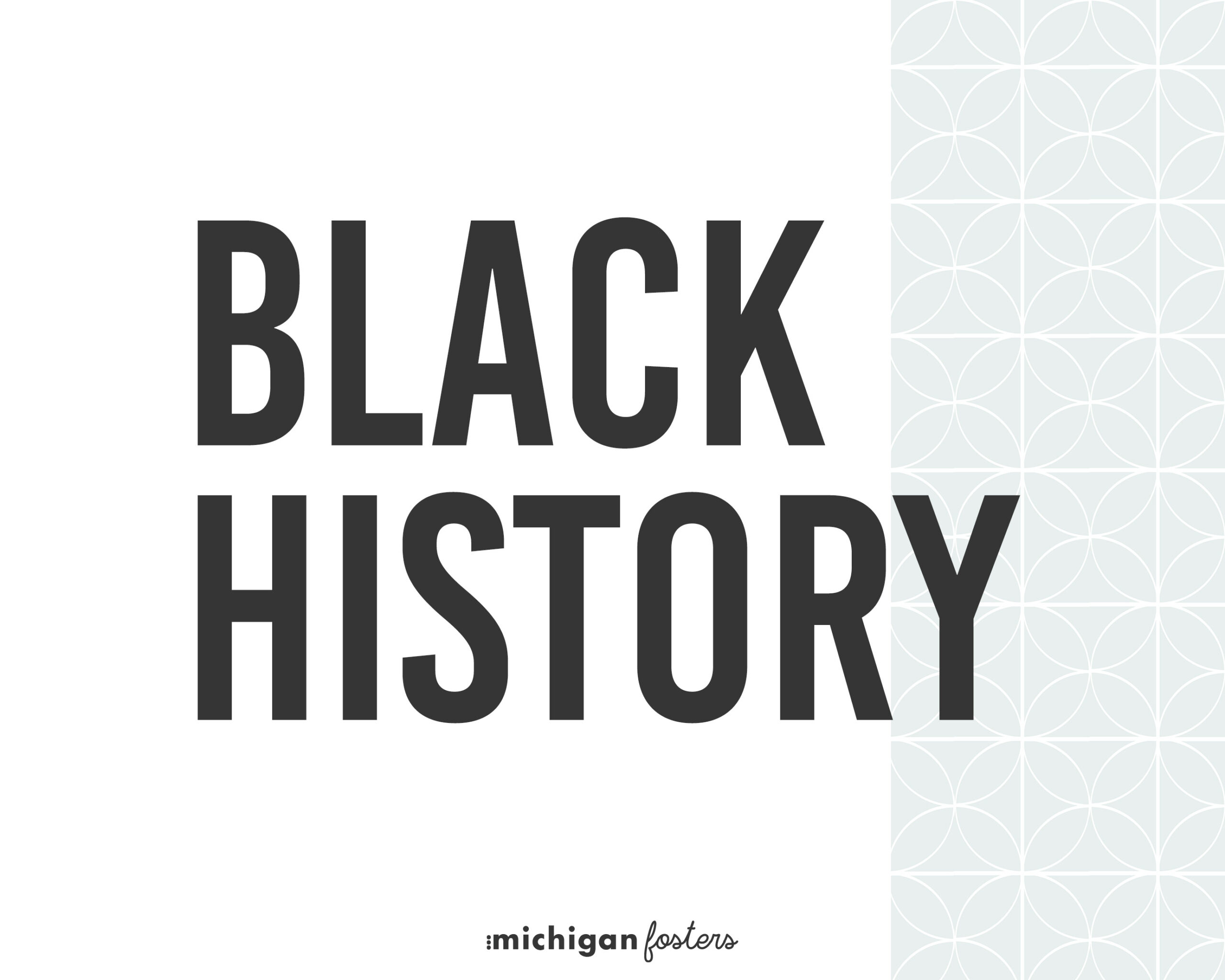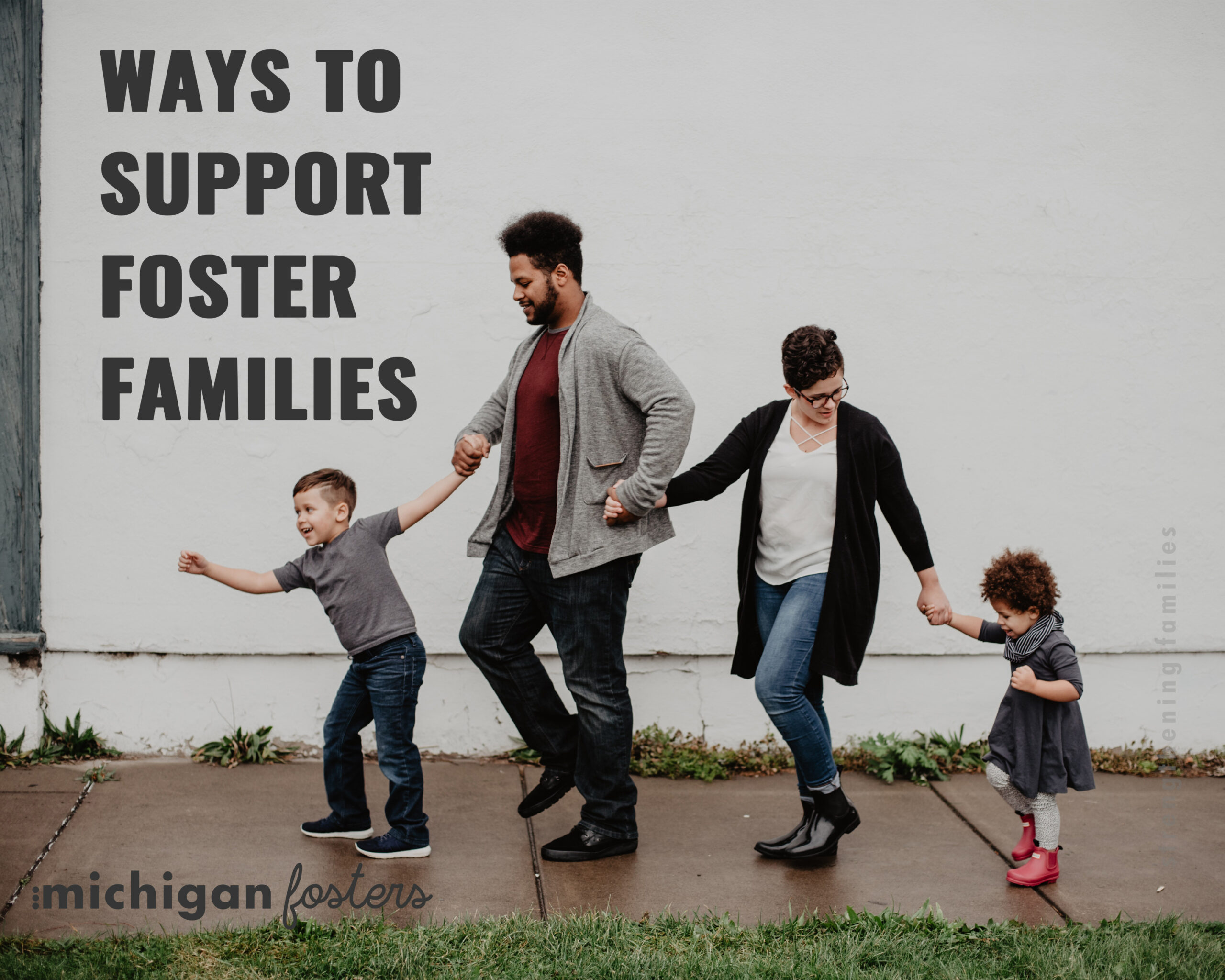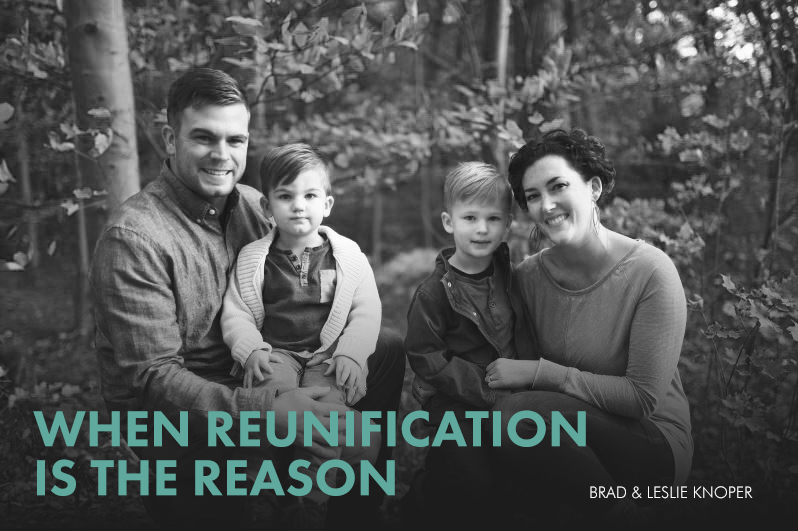-
Bringing Black History Home: Books & Movies to Explore as a Family

Reserve time to gather around a good book or settle in for a movie night honoring the Black experience. As foster parents, we are often provided the unique opportunity to care for children outside our own race or cultural heritage. This opportunity also brings huge responsibility as we must prepare ourselves to better understand the challenges and successes of people whose lives look different from…
-
15 Ways to Support Foster Families

“If it’s not too much trouble for you… “ – all foster parents Imagine going from 2 to 4 children overnight. Or from 5 kiddos to 8 between lunch and dinner time. This is what many of our foster parents experience every day. They wake up in the morning completely unaware that later that…
-
The Knopers

Featured in our February Edition of The Ottawa Advocate When Reunification is the reason. When Brad and Leslie Knoper became foster parents through Arbor Circle four years ago, they had imagined the journey ahead would be a means to grow their family. Having witnessed their parents and other relatives tackle this extraordinary work,…